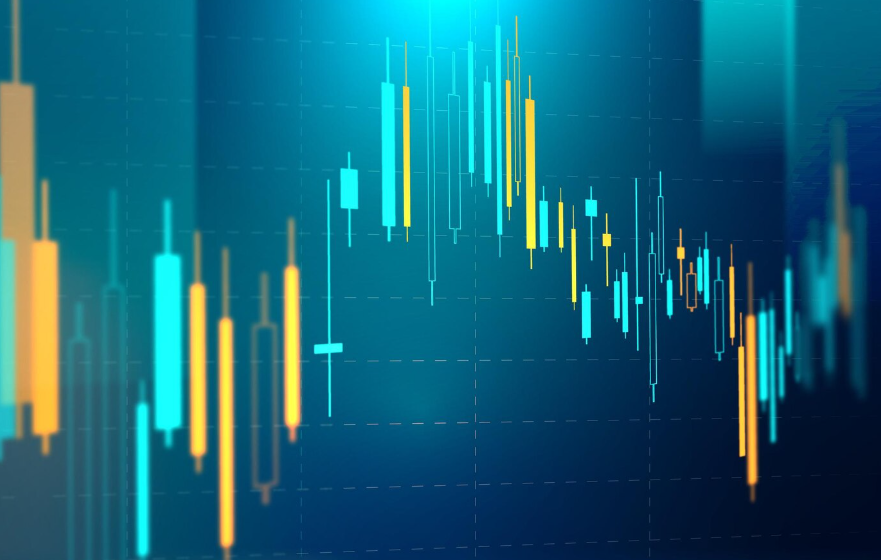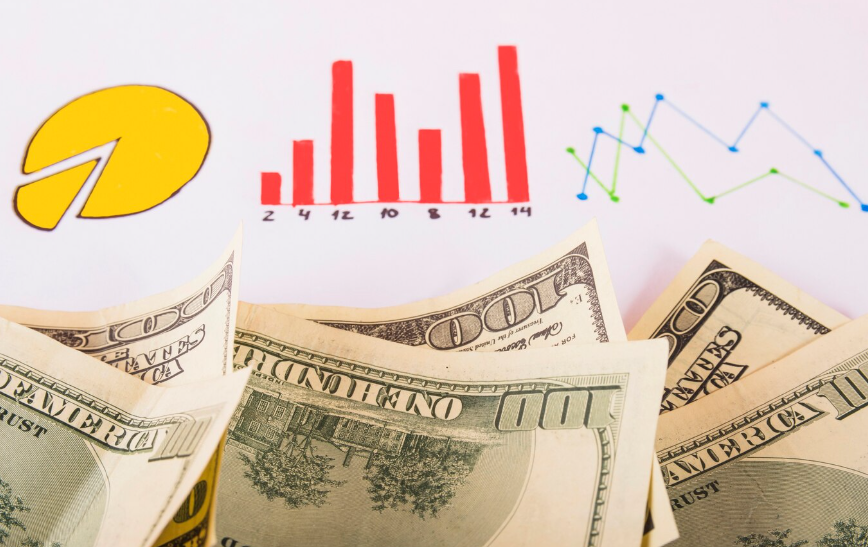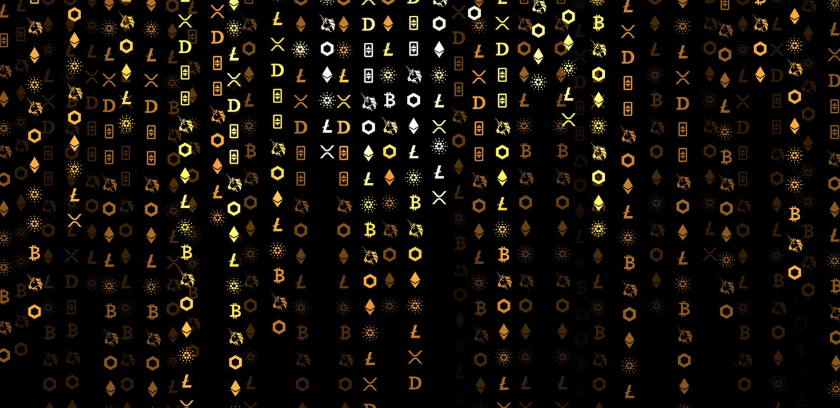In 2025, our lives are inextricably woven into the fabric of online media. From the moment we wake up and scroll through our social feeds to the news we consume and the entertainment we binge, digital content shapes our perceptions. But as the tools for content creation and curation become more sophisticated – from subtle filters to advanced AI generation – a crucial question arises: where does reality end and curation begin in the online world?
The line isn’t just blurred; it’s often indistinguishable, creating a complex landscape that impacts our self-perception, our understanding of others, and even our grasp of global events.
The Rise of the Curated Self
Social media platforms are essentially stages where we perform our lives. Each post, story, and even comment is a deliberate choice, a piece of a meticulously constructed narrative designed for public consumption.
- Highlight Reels, Not Whole Lives: We’ve become accustomed to seeing only the “highlight reel” of others’ lives – exotic vacations, perfectly plated meals, flawless selfies, and career triumphs. The struggles, the mundane, the messy realities are often edited out. This isn’t inherently malicious; it’s a natural human tendency to present a favorable image. However, when everyone is doing it, it creates a collective illusion of perfection.
- Filters and Enhancements: The ubiquitous use of filters, editing apps, and even AI-powered beautification tools on photos and videos means that what we see is rarely an unvarnished reflection of reality. Skin is smoothed, features are subtly altered, and lighting is perfected. This can lead to a phenomenon known as “social self-comparison,” where individuals compare their real appearance to their digitally altered one, often resulting in heightened body dysmorphia and dissatisfaction.
- The Performative Nature of Presence: Our online personas are not just extensions of ourselves; they are often distinct, highly curated entities. We choose what to share, how to frame it, and what emotional tone to convey. This performative aspect can lead to a disconnect, where our “online self” feels increasingly separate from our “real self.”
The Impact on Our Perception of Reality
This constant exposure to curated content has profound psychological and societal effects:
- Unrealistic Standards: The relentless feed of curated perfection sets impossibly high standards for beauty, success, and happiness. This can lead to feelings of inadequacy, anxiety, and depression as individuals compare their unfiltered lives to the idealized digital versions of others.
- Echo Chambers and Filter Bubbles: Social media algorithms, designed to keep us engaged, prioritize content that aligns with our existing interests and biases. This creates “echo chambers” where we are primarily exposed to similar viewpoints, reinforcing our beliefs and limiting our exposure to diverse perspectives. This tailored reality can make it harder to understand opposing viewpoints or engage in constructive dialogue.
- The Spread of Misinformation: The ease with which content can be created, edited, and shared, combined with the focus on virality, makes online media a breeding ground for misinformation and even deepfakes. When the line between authentic content and manipulated content is blurred, verifying accuracy becomes a significant challenge, impacting public discourse and trust in information.
- Eroding Trust in Authenticity: As users become more aware of the pervasive curation and potential for manipulation, there’s a growing skepticism towards online content. This “authenticity crisis” means that brands, influencers, and even news sources are working harder to demonstrate transparency and build genuine connections.
Navigating the Digital Landscape with Awareness
In 2025, it’s crucial to be an active, critical consumer of online media. Here’s how to navigate the blurred lines:
- Cultivate Critical Thinking: Approach all online content with a healthy dose of skepticism. Ask: Who created this? Why? What might be missing?
- Diversify Your Information Sources: Actively seek out news and perspectives from a wide range of credible sources, both online and offline, to avoid falling into echo chambers.
- Practice Digital Detoxes: Regularly disconnect from social media to recalibrate your perspective and reconnect with your immediate physical reality.
- Embrace Imperfection (Yours and Others’): Remember that everyone curates their online presence. Focus on your own journey rather than constantly comparing yourself to an idealized online version of others.
- Support Authenticity: Seek out and engage with creators and brands who prioritize transparency, vulnerability, and genuine connection over superficial perfection.
The digital world offers incredible opportunities for connection and expression. However, understanding the inherent blur between reality and curation is essential for maintaining our well-being, fostering a more informed society, and appreciating the beautiful, imperfect reality of our offline lives.













